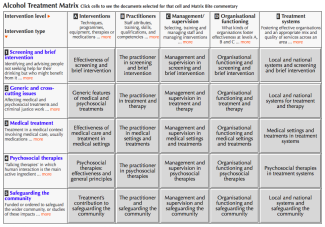A Possible New Treatment for Alcohol Disorders?
New research published in the journal Biological Psychiartry points to a novel way for the treatment of alcoholism. This would look to reduce motivation for drinking instead of altering the effects of alcohol, itself. Indeed, the study...


